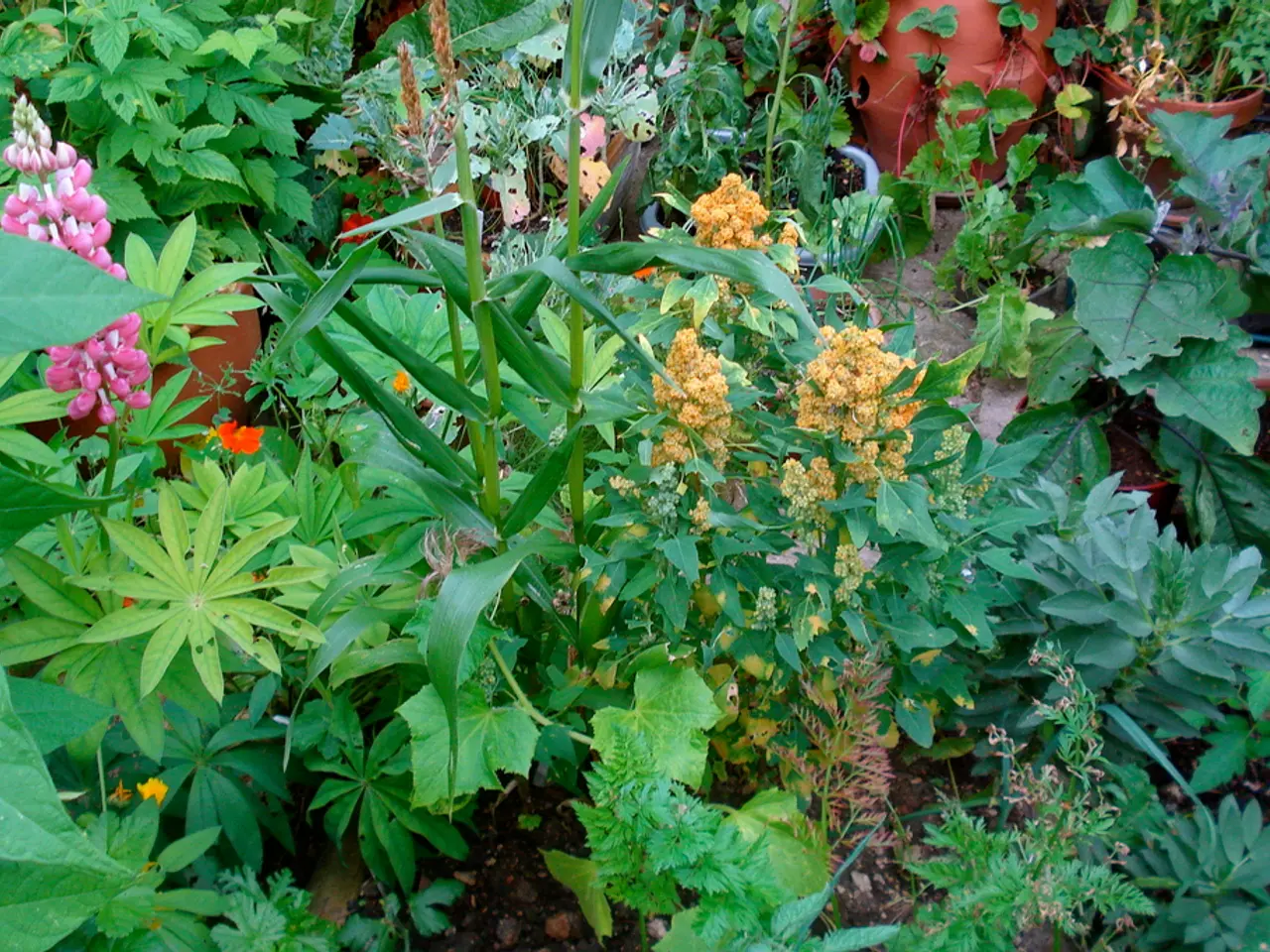Discover Here: Unveiling the Secret Link Between Gardening and Extended Lifespan!
In an era where health and well-being are paramount, the humble act of gardening has emerged as a surprising yet powerful tool for enhancing one's life. From preventing chronic conditions to fostering mental and emotional resilience, gardening offers a myriad of benefits that collectively contribute to longer life expectancy and healthier aging.
Physical Health Benefits
Gardening, often perceived as a leisurely pastime, involves moderate physical activity that can significantly reduce the risk of cardiovascular disease by up to 30%. This consistent movement and exercise contribute to heart health, while activities such as digging, planting, weeding, and harvesting help maintain a healthy weight, improve flexibility, and reduce stress.
Moreover, exposure to sunlight while gardening increases Vitamin D levels, supporting bone health and immune function. This vitamin, often in short supply in modern diets, plays a crucial role in maintaining overall health.
Mental Health Benefits
The mental health benefits of gardening are equally significant. By boosting serotonin, the "feel-good" hormone, and promoting mindfulness that interrupts worry cycles, gardening has been shown to reduce depression, anxiety, and stress. The act of nurturing plants provides a sense of accomplishment and purpose, which improves mood and emotional well-being.
Social Benefits
Community gardening fosters social interaction and cohesion, which supports emotional wellness and reduces feelings of loneliness. Gardening groups and shared projects enhance community engagement and create a sense of belonging. This social engagement and building of connections have been shown to increase life expectancy and improve overall happiness.
Immune System Support
Contact with soil microbes during gardening may strengthen the immune system, contributing to overall resilience and better health. This interaction with nature's microbes could potentially ward off illnesses and promote a healthier lifestyle.
Therapeutic and Quality of Life Improvements
Gardening is used in some health systems as a “green prescription” to improve movement, quality of life, and longevity. The therapeutic effects come from a combination of physical activity, exposure to nature, and meaningful engagement with living things.
In summary, gardening acts as a holistic health booster by combining moderate exercise, stress reduction, improved nutrition (through growing fresh produce), social connection, and enhanced mental well-being. These benefits collectively contribute to longer life expectancy and healthier aging.
Numerous studies suggest that an active, outdoor lifestyle like gardening improves overall well-being and longevity. By engaging with nature and the outdoors, you're essentially nurturing both your body and mind, fostering a sense of peace and mindfulness. So, why not pick up a trowel and start gardening for a healthier, longer life?
- Regular gardening activities offer moderate physical exercise that can decrease the risk of cardiovascular disease by up to 30%, promoting heart health.
- Activities like digging, planting, weeding, and harvesting in gardening can help maintain a healthy weight, improve flexibility, and reduce stress.
- Exposure to sunlight while gardening increases Vitamin D levels, supporting bone health and immune function.
- Gardening’s mental health benefits are significant, as it boosts serotonin levels, promotes mindfulness, and reduces depression, anxiety, and stress.
- Cultivating plants in a garden offers a sense of accomplishment and purpose, resulting in improved mood and emotional well-being.
- Community gardening fosters social interaction and cohesion, which enhances community engagement, reduces feelings of loneliness, and contributes to overall happiness and healthier aging.




